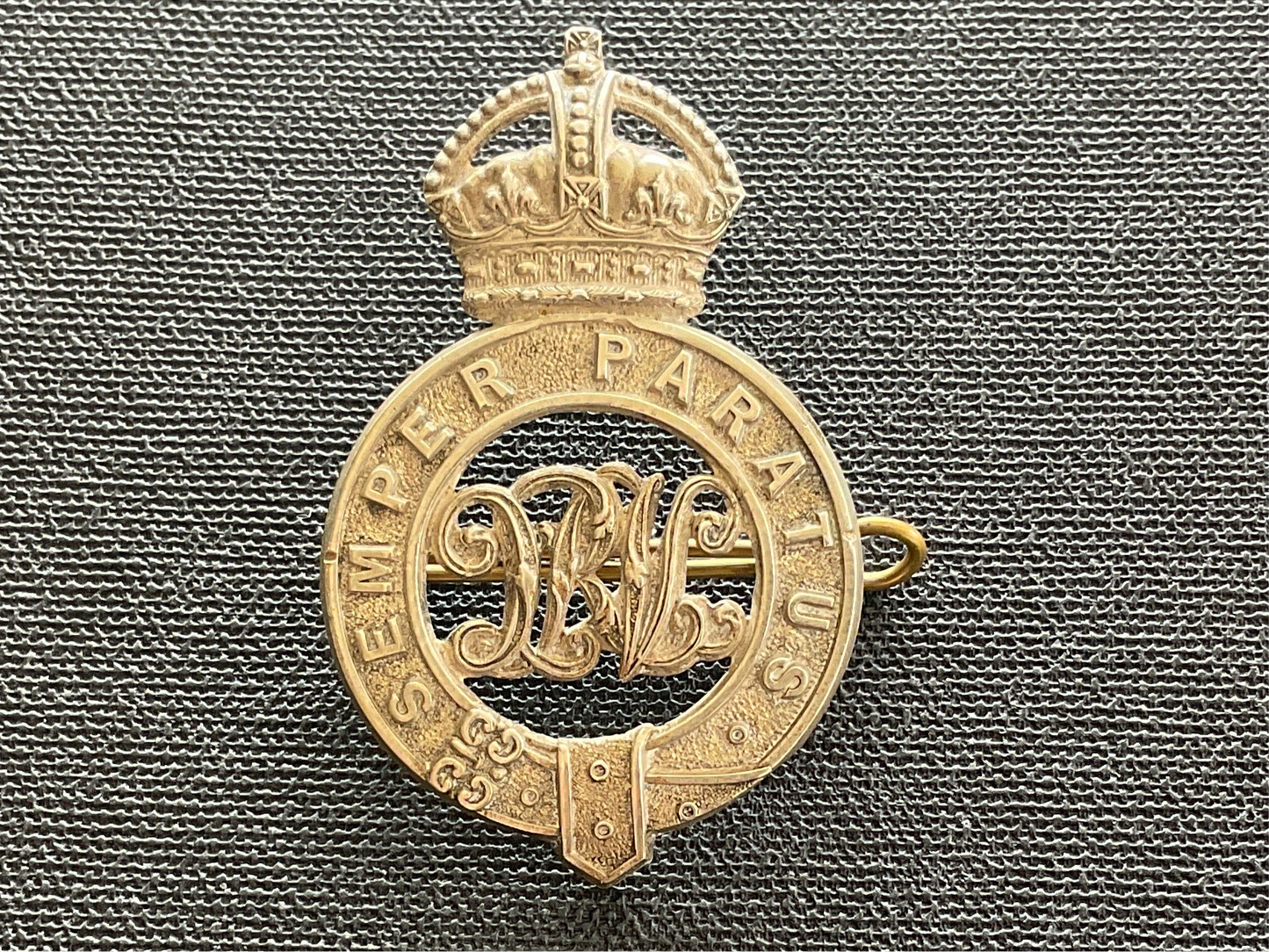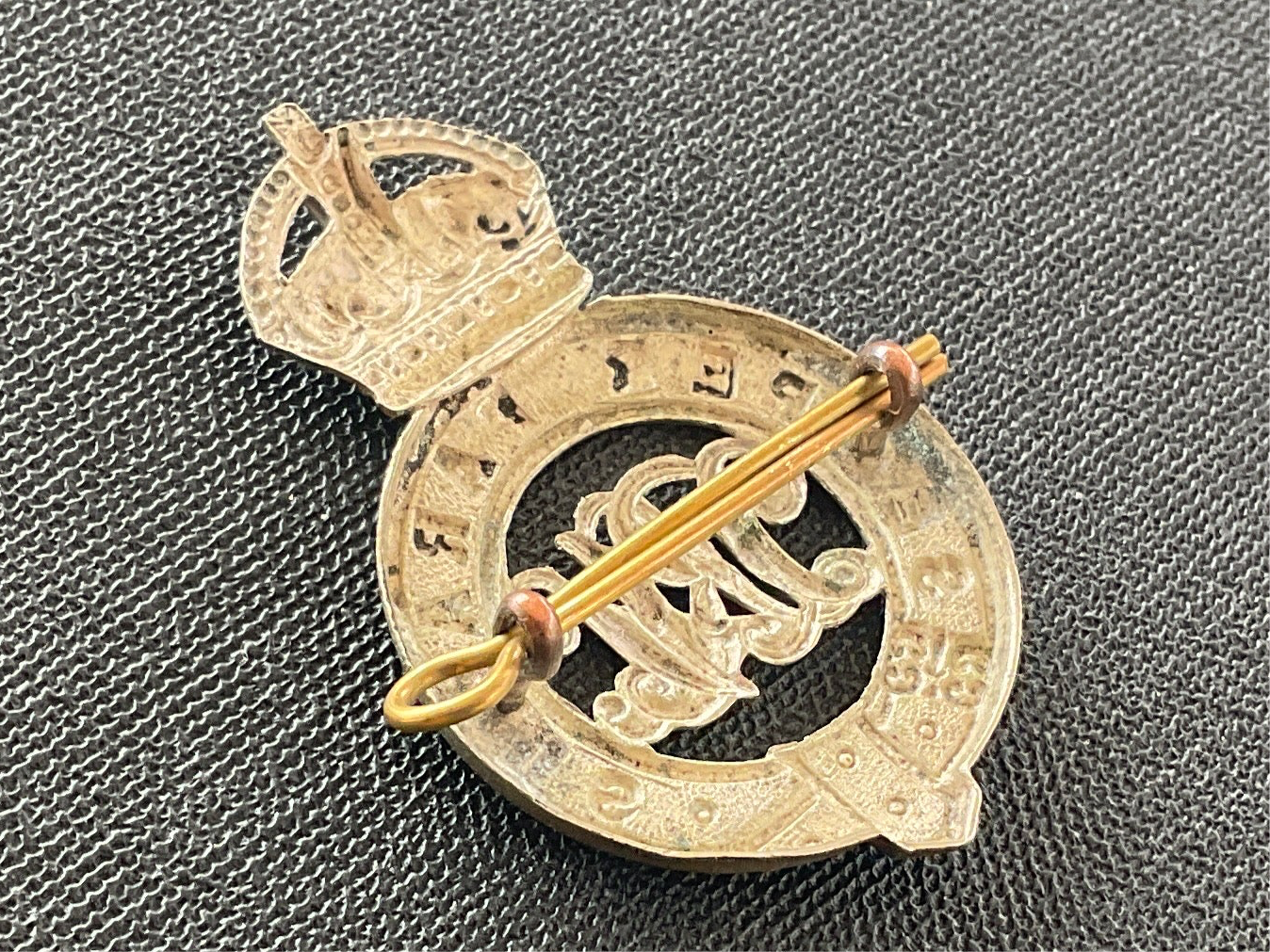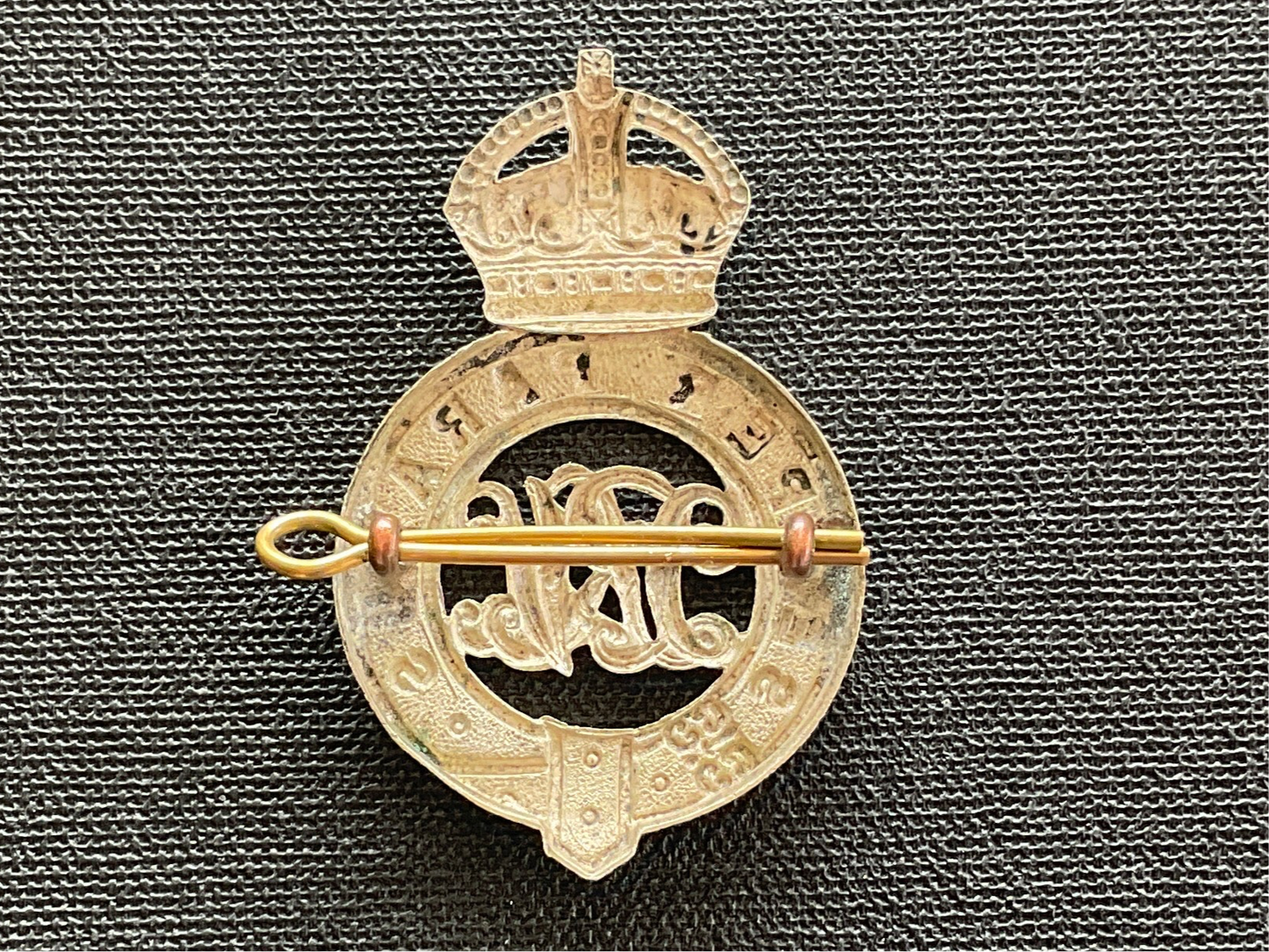Militaria Matters
South African Queenstown Rifle Volunteers cap badge (1902-13)
South African Queenstown Rifle Volunteers cap badge (1902-13)
Couldn't load pickup availability
The Queenstown Rifle Volunteers were a colonial military unit formed in the 19th century in Queenstown, a town in the Eastern Cape province of South Africa (then part of the Cape Colony under British rule). They were part of a larger network of volunteer rifle corps established by settlers, mostly of British origin, for local defense and frontier duty during a period of frequent conflict on the colonial borders.
Here’s a more detailed look:
📜 Background
-
Formed: Around the mid-1800s, likely in the 1860s, though records vary.
-
Purpose: To defend the colony, particularly the eastern frontier, from conflicts with indigenous groups such as the Xhosa during the Frontier Wars (also called the Cape Frontier Wars or Xhosa Wars).
-
These wars were a series of nine conflicts between the Xhosa people and European settlers from 1779 to 1879.
🎖️ Role and Operations
-
The Queenstown Rifle Volunteers were part-time citizen soldiers, often local settlers, who could be mobilized quickly.
-
Their duties included patrolling, skirmishing, and supporting regular British troops.
-
They played a role in several local engagements during the Ninth Frontier War (1877–1878) and the Basuto Gun War (1880–1881).
🔄 Later Developments
-
Like many other colonial volunteer units, the QRV were eventually amalgamated into larger military formations.
-
In the early 20th century, after the Union of South Africa was formed in 1910, many volunteer corps were reorganized into the Union Defence Force (UDF) in 1912.
-
The QRV’s lineage likely merged with or influenced regional regiments like the Cape Mounted Riflemen or units that later became part of the South African Infantry Corps.
🏛️ Legacy
-
Units like the Queenstown Rifle Volunteers contributed to the militarization of settler society in the Eastern Cape and played a controversial role in colonial expansion and indigenous displacement.
-
Today, their history is mainly preserved through military records, regimental museums, and South African military historians.
Want info on a specific campaign they were involved in, or are you exploring military units in South African history more broadly?
Share






